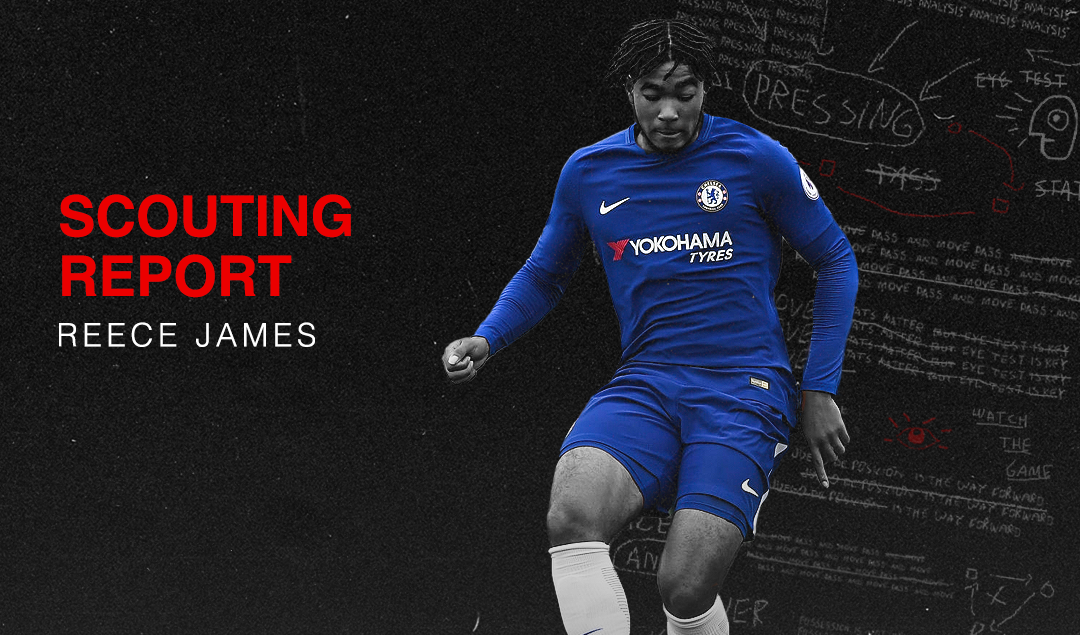The Invisible Opponent: How Reece James’ Injuries Shape a Beginner’s View of Resilience
In football, some of the toughest battles happen off the scoreboard. Injuries, often unpredictable and unseen until they strike, challenge players in ways that test more than just physical strength. For Chelsea’s Reece James, recurring injuries have marked his career, interrupting his time on the pitch despite his undeniable talent. For beginners in the sport, his journey offers a window into resilience—not through the lens of specific moments, but as a broader lesson in facing setbacks. This isn’t about listing his injuries or games missed. It’s about exploring the emotional and motivational echoes of his experiences and how they connect to the struggles young athletes encounter, from unexpected obstacles to the grind of getting back on their feet. This approach is similar to the one used in sports betting. Positive Betting, for example, in other words, a beginner-level guide to back and lay betting, which are fundamental concepts when learning about sports betting, is the same ideology preaching about mastering a certain skill as a journey and a step-by-step process.
The Hidden Sting of Setbacks
Injuries hit hard because they’re not just about the body. They carry frustration, uncertainty, and sometimes a nagging worry about what’s next. For James, each recovery period means time away from the game, a step back from his rhythm, and the task of rebuilding his form. A beginner might feel that same sting when a sore knee keeps them off the field or when progress stalls after weeks of effort.
These moments stir up doubt. Can I get back to where I was? Will I ever improve? The emotional weight feels heavy, whether you’re chasing a Premier League spot or just trying to make the school team. James’ persistence through these cycles offers a quiet example: the struggle is part of the path, not the end of it.
Recovery: A Team Effort
Returning to the field isn’t a solo mission. James’ rehab after his December 2023 hamstring surgery likely leaned on physiotherapists, trainers, and a meticulous plan to rebuild strength. Beginners might not have that crew, but they’ve got their own—coaches tweaking their form, teammates shouting encouragement, or family keeping them on track. Recovery, whether from a physical hit or a dented confidence, thrives on support.
This isn’t weakness; it’s a base to build on. Asking for help—whether it’s tips on a tender knee or a pep talk after a bad game—fuels resilience. James’ comebacks, even when the surgery didn’t fully halt the injuries, suggest a team behind him, just as a young player’s growth often hinges on those cheering them on.
Small Steps, Big Wins
Setbacks force a rethink of what’s possible. James can’t leap from the treatment table to top speed overnight—he has to pace himself, targeting steady gains. Beginners face this too. After an injury, you don’t aim to score a hat-trick in your first game back. Maybe it’s just running without pain or passing cleanly for ten minutes.
These modest targets keep discouragement at bay. Each one met is a boost, a sign you’re moving forward. For James, it’s about reclaiming his spot on the team. For a novice, it’s proof they’re getting better, bit by bit.
Mind Over Matter
Resilience lives in the head as much as the legs. Staying driven when progress feels slow takes mental grit. Picture yourself succeeding—James might see himself sprinting down the wing; a beginner might imagine nailing a penalty. Or talk yourself up: “I’ve got this” beats “I’ll never make it.” These tricks keep the fire going.
Focusing on what you can control helps too. You can’t rush healing, but you can stretch daily or study the game while sidelined. This mindset turns waiting into working, a lesson James likely lives and one beginners can borrow.
When the Path Shifts
Not every story ends with a triumphant return. James keeps coming back, but some injuries—or setbacks—change the game entirely. A young player might find their speed isn’t what it was or that football takes a backseat to new interests. Resilience here isn’t about forcing the old plan; it’s about adjusting to what’s ahead.
This adaptability matters. It’s less about reclaiming the past and more about building something new, a nod to the reality that James’ journey, while inspiring, isn’t a script everyone follows.
The Long Game
Reece James’ tangles with injury reveal a truth beginners can carry: football’s toughest opponents aren’t always on the other team. They’re the quiet ones—sprains, doubts, delays—that demand you dig deep. His knack for rising again points to resilience as a skill worth chasing, not just for pros but for anyone kicking a ball.
The takeaway? Keep going. Lean on others, set small goals, and guard your mindset. Football’s a marathon, not a sprint, and James’ example shows that every step forward counts. Your next challenge might be waiting, but so is your chance to beat it.
